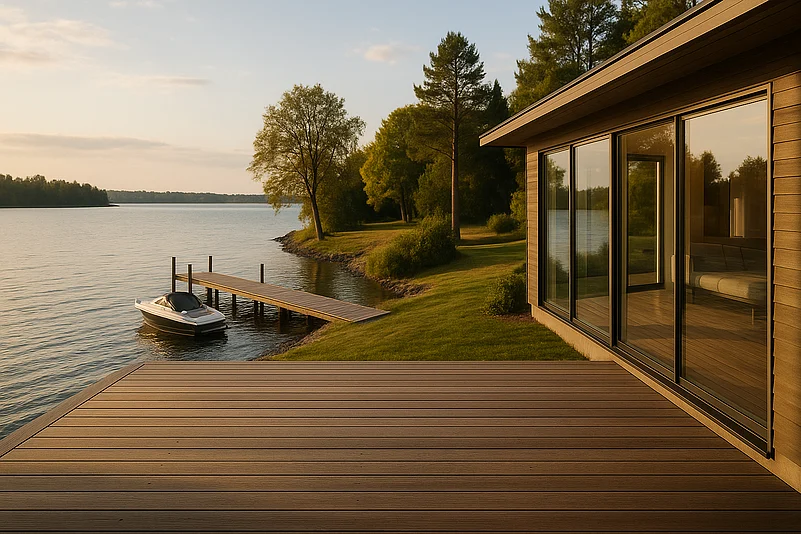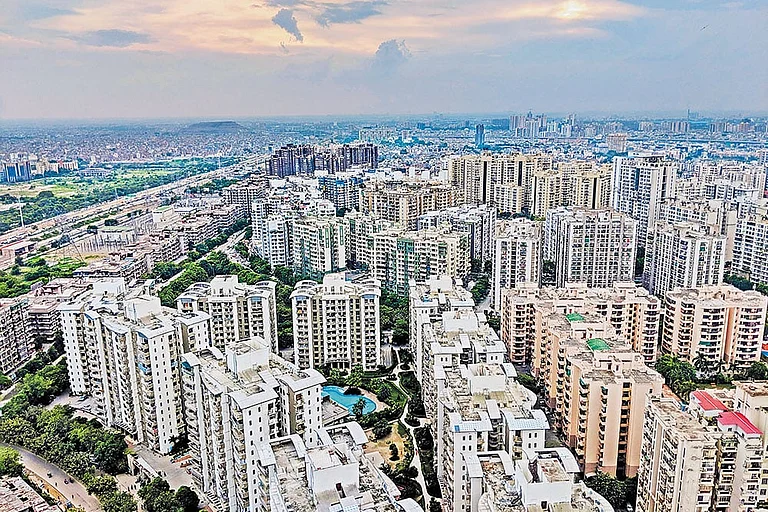Buying a property by the water may seem like a dream come true. The sunrise, the cool breeze, the peaceful vibe. Everyone wants a slice of the quiet life. But the reality? It’s a legal and logistical minefield. One wrong step and your dream home turns into a bureaucratic nightmare.
So, before you invest your savings into a lakeside shack or a coastal bungalow, here’s the no-nonsense checklist.
Know Where You Are Standing Literally
Don’t trust a brochure; don’t trust a builder’s smile. Check if the property is in a buffer zone. In Bengaluru, for instance, you cannot build a property within 30 metres of a lake. If the property falls in that zone, walk away. You might as well be ready for a court order to knock it down someday.
Same goes for stormwater drains; 25 metres is the no-go radius. You build there, you block water flow, which is not only ilegal, but dumb, too. You risk getting washed away in a deluge.
Is That Land Even Theirs to Sell?
Always verify the ownership. That "private land" might just be government property. And good luck getting your money back once you find out. Ask for the title deed. If the name on that paper doesn’t match the seller, stop right there.
Documents To See Before Buying A Waterfront Property
Here’s what you must demand before signing any deal for a waterfront property.
Sale and Purchase Agreement
Title Deed
Building Plan Approval
Khata Certificate
Possession Letter
Completion Certificate
NOC (No Objection Certificate)
Encumbrance Certificate
Allotment Letter
Property Tax Receipts
If anything’s missing, stay away from the deal.
Watch the Water
Living near water looks great on Instagram. But maintenance can be full of hardships. Salt, humidity, erosion. If the structure isn’t built to handle that, you’ll be repainting every six months and replacing rusted fixtures forever.
And let’s not even start on insurance. Waterfront properties are like risk magnets-floods, storms, you name it. That means sky-high premiums.
Different States And Different Rules
Each state has its own rules.
Andhra Pradesh / Telangana:
100m from rivers (outside city limits), 50m inside
30m from lakes over 10 hectares
9m from canals, nalas, storm drains
Karnataka:
45m from rivers
No construction in the Green Zone
Bihar:
200m from the Ganges
Assam:
15m from any water body
The list goes on. If you are building illegally, they won’t just fine you. They will bulldose it.
Don’t Skip the Revenue Department
Check the real status of the land. Go to the revenue office and ask for records. Cross-check everything: survey numbers, buffer zones, land use classification. This due diligence is required if you want to keep your future house standing.
Waterfront homes are tempting. Peace, beauty, privacy. But the legal grey areas, the constant upkeep, the sheer volume of red tape means it’s not for the faint of heart. You don’t just buy a view. You buy responsibility.
So don’t act on impulse. Don’t fall for the dream without checking the foundation. Check the documents. Read the fine print, verify the land, and ask yourself: can you afford the risk if it all goes wrong?
Because when it comes to real estate near the water, the devil isn’t in the details, it's on the shoreline or the banks.













